Puzzles for Teachers
Browse an extensive collection of printable puzzles, brain teasers, mazes, crosswords, digital activities and a whole lot more to challenge your primary students in fresh and fun ways!
This teaching resource collection is teacher-created, with curriculum-aligned and editable resources available for both lesson planning and adding to your fast finisher activity box!
Curious about using puzzles in your classroom or looking for fresh ideas? Read on for a primer from our teacher team!
Types of Puzzles
There's a whole host of puzzles out there you can use to get your students more engaged in learning, develop problem-solving skills and reinforce the concepts you're teaching! Here are a few favourites from our teacher team (and you'll find printable versions of many of these in this collection)!
- Picture puzzles — Picture puzzles are a great teaching tool that require kids to use visual perception and problem-solving skills to identify patterns or differences in a set of pictures.
- Crossword puzzles — Often used by adults, these puzzles are kid-friendly too! They offer written clues and require students to fill in a grid with words that intersect.
- Tangram puzzles — These challenging puzzles for kids involve using a set of geometric shapes to create a larger picture or design.
- Logic puzzles — This learning tool requires kids to use reasoning and deduction to solve a problem. They usually involve a set of clues that need to be used to figure out the solution.
- Word searches — In this type of puzzle, a grid of letters is given with a list of words to find hidden within it. Students are challenged to go on the hunt for the word, often reading up, down, diagonally and sometimes even backward!
- Spot the difference — A popular feature in kids' magazines, these require our students to find the differences between two nearly identical pictures.
- Sequence puzzles — Sequence puzzles involve arranging a series of objects or symbols in a particular order, based on a set of rules or patterns. For example, students may practise skip counting as they place puzzle pieces in order based on the numbers displayed on each piece.
- Maze puzzles — Yes, mazes count as puzzles! They challenge kids to find their way through a maze to reach a goal or endpoint.
- Matching games — This is another type of puzzle you may not think of as a puzzle per se, but it is! Matching games involve finding pairs of matching items, such as shapes, colours, or numbers, in a set of cards or objects.
- Tarsia puzzles — Similar to jigsaw puzzles, tarsia puzzles are made up of irregularly shaped pieces that fit together in a specific way to form a larger picture or pattern. This type of puzzle has a twist, however! In a Tarsia puzzle, each piece contains a problem or question related to a particular topic or subject area. The students must match the pieces together by finding the correct answer or solution to each problem or question. Once all the pieces have been matched, they form a larger picture or pattern that provides a visual representation of the topic or concept being studied.
How Do You Use Puzzles in the Classroom?
Whether you're using tarsia puzzles to teach maths or crossword puzzles in your reading rotations, this is a versatile learning tool! Here are a few of the times they can come in handy:
- Introducing new concepts
- Reviewing concepts students have learned
- Reinforcing problem-solving skills
- Collaborative learning
- Learning through play
- Differentiated instruction
- Free Plan
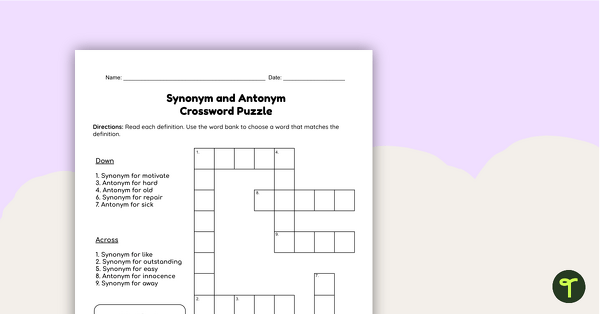
Synonym and Antonym Crossword Puzzle
Review vocabulary skills and boost your students’ knowledge of synonyms and antonyms with a crossword puzzle worksheet.
- Plus Plan
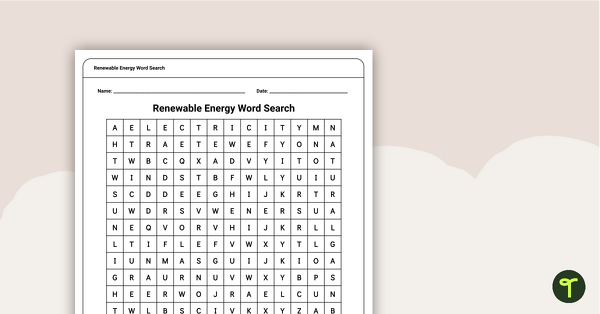
Renewable Energy Word Search
Review science vocabulary terms with an engaging renewable energy word search.
- Plus Plan
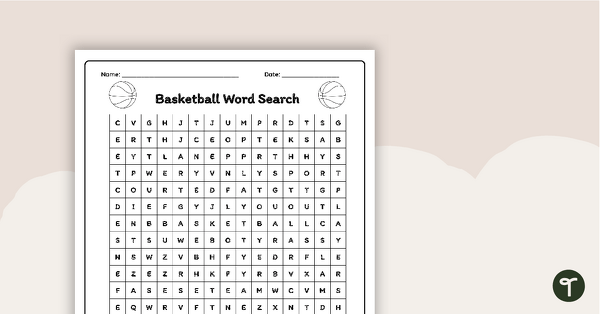
Basketball Word Search
Have some basketball fun in your classroom with this basketball-themed word search.
- Free Plan
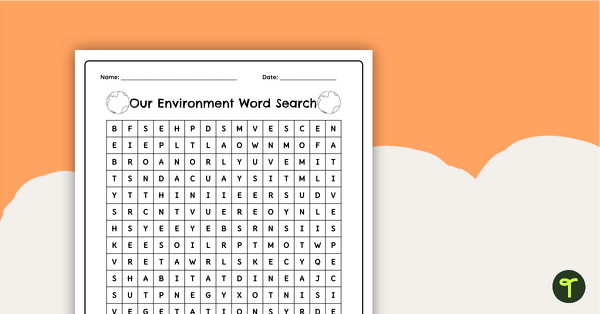
National Tree Day – Environment Word Search
Print a word search to use on National Tree Day or Earth Day to help your students learn about conservation.
- Plus Plan
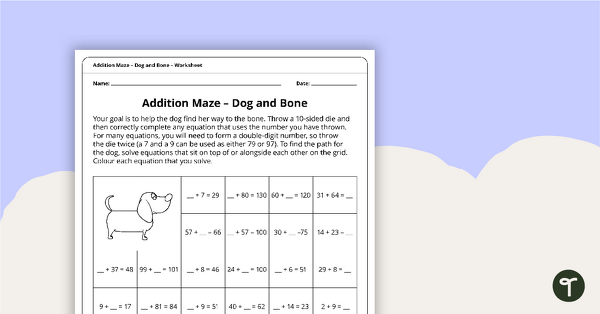
Addition Maze – Dog and Bone Worksheet
A worksheet to use to practise finding missing addends.
- Plus Plan
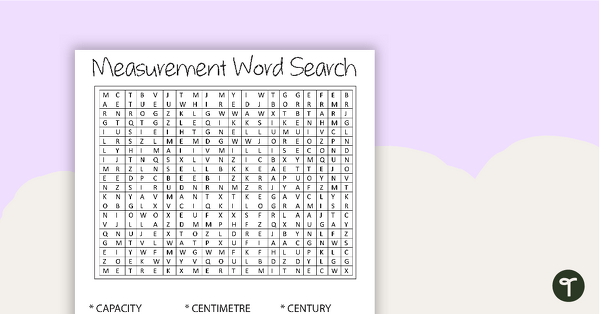
Measurement Word Search with Solution
A fun word search to help your students learn measurement vocabulary.
- Plus Plan
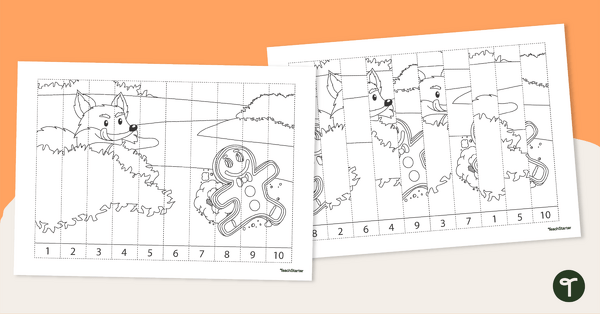
Sequence Puzzle for Numbers 1-10 — Gingerbread Man
Share this sequence puzzle with your students for a fun way to practise ordering the numbers 1 - 10.
- Plus Plan
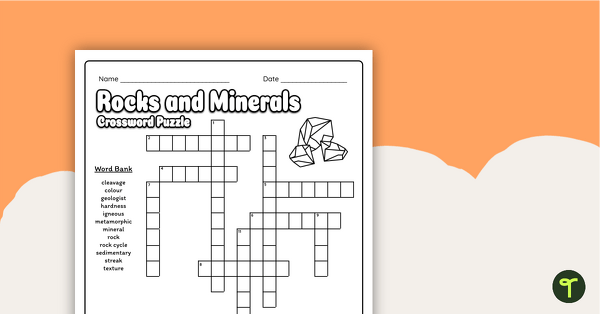
Rocks and Minerals Crossword Puzzle
Use a Rocks and Minerals Crossword puzzle to review key science vocabulary.
- Plus Plan
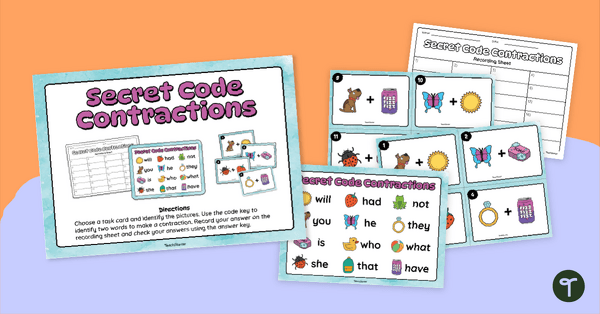
Secret Code Contractions Activity
Explore contractions and decode the secret code with this fun secret code activity.
- Plus Plan
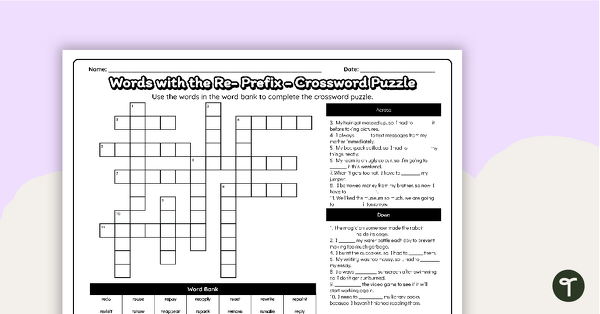
Re- Prefix Crossword Puzzle
Review vocabulary skills and boost your students’ knowledge of the “Re-” prefix with a crossword puzzle worksheet.
- Free Plan
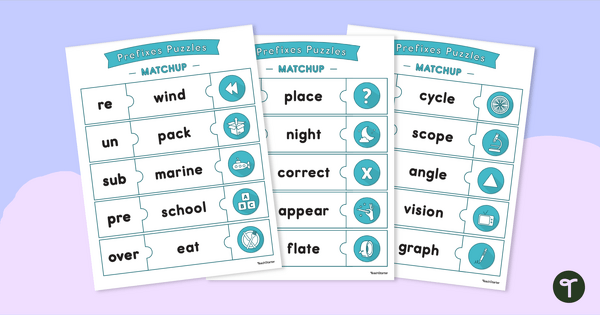
Prefix Puzzles - Match Up Cards
Practise building, reading, and understanding the meaning of words with prefixes with a fun set of prefix puzzles.
- Plus Plan
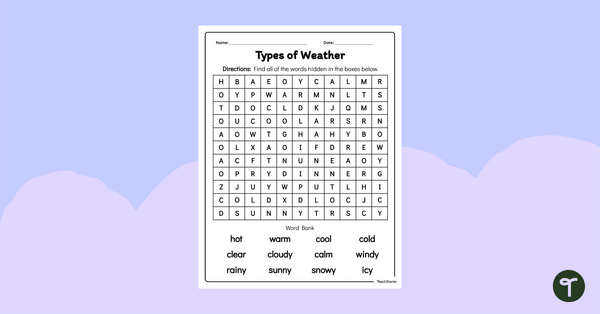
Types of Weather – Word Search
Review science vocabulary terms with an engaging weather word search.
- Plus Plan
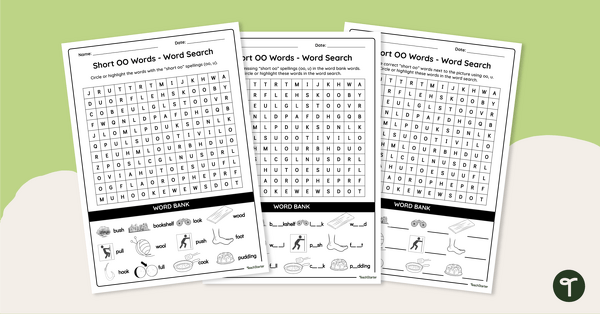
Short OO Words - Word Search
Explore words containing some of the most common ‘short oo’ graphemes with this set of differentiated word searches.
- Plus Plan
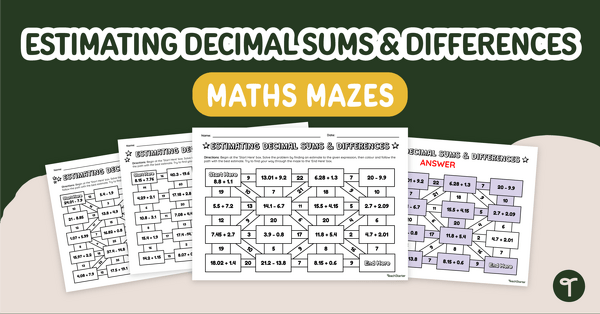
Estimating Decimal Sum and Differences — Year 6 Maths Mazes
Year 6 students can practise estimating solutions to decimal addition and subtraction equations with this set of maths mazes.
- Plus Plan
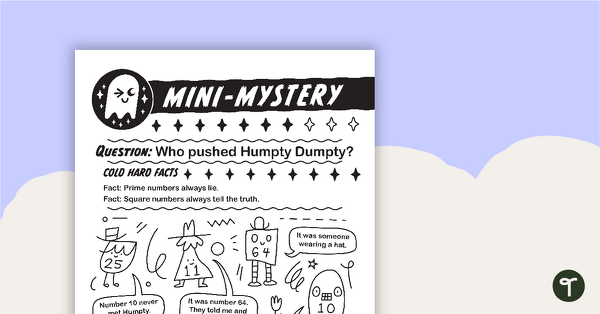
Mini-Mystery – Who Pushed Humpty Dumpty?
A fun, logic-based activity where students read clues to solve the mystery.
- Plus Plan
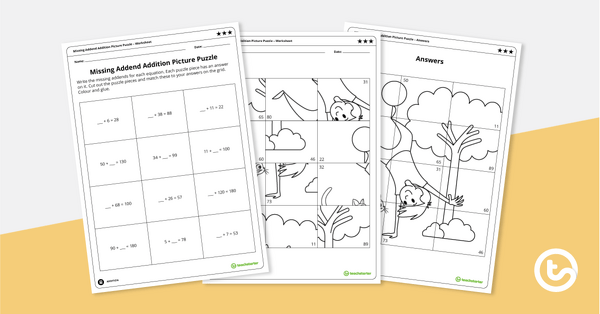
Missing Addend Addition Picture Puzzle – Level 3
Consolidate students’ addition skills with this missing addends worksheet.
- Plus Plan
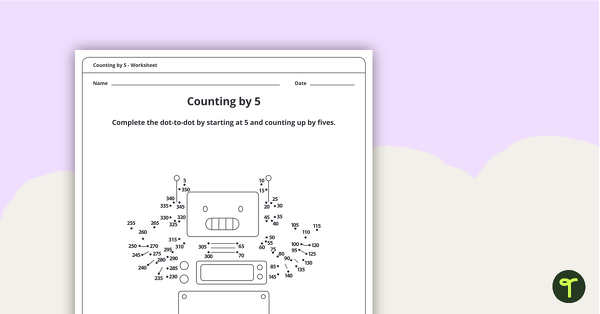
Dot-to-Dot Drawing - Numbers by 5 - Robot
Join the dots and numbers to make a picture.
- Plus Plan
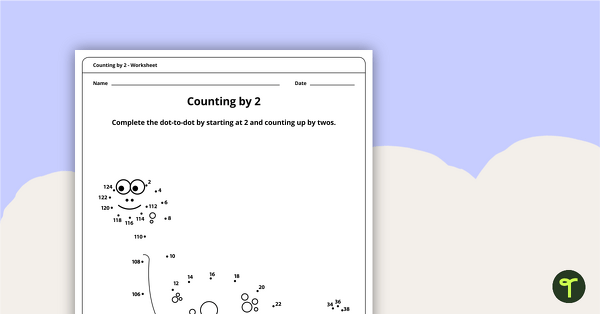
Dot-to-Dot Drawing - Numbers by 2 - Dinosaur
Join the dots and numbers to make a picture.
- Plus Plan
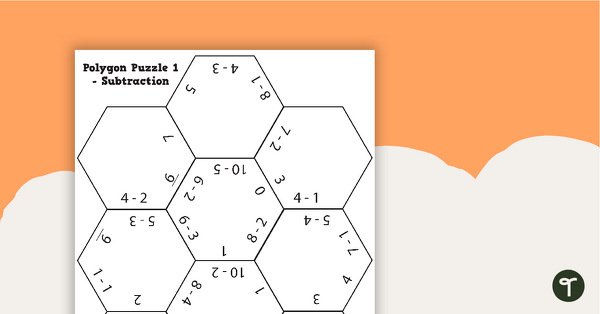
Polygon Puzzles - Subtraction Worksheets with Answers
Line the sum up with the corresponding answer.
- Plus Plan
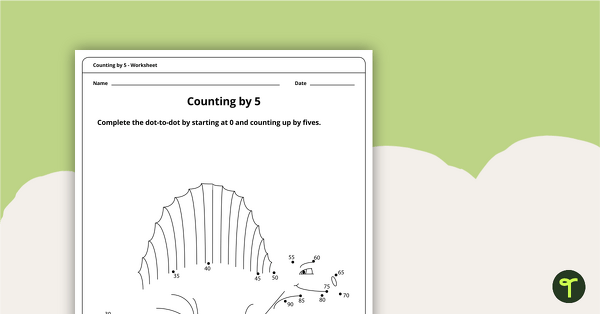
Dot-to-Dot Drawing - Numbers by 5 - Dinosaur
Join the dots and numbers to make a picture.
- Plus Plan
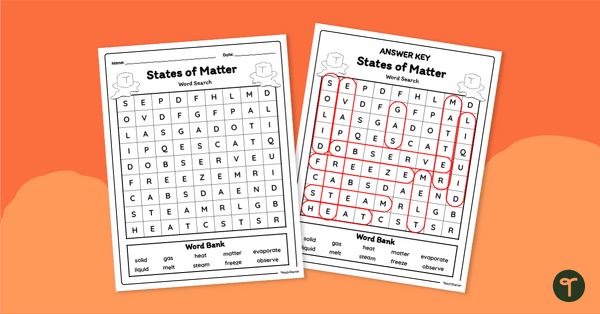
States of Matter Word Search - Lower Years
Use a States of Matter word search to introduce your early learners to new academic vocabulary.
- Plus Plan
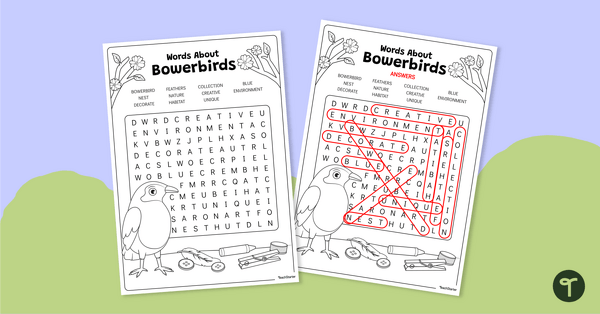
Bowerbird Word Search
Explore the vocabulary surrounding the world of Bowerbirds with this printable word search.
- Plus Plan
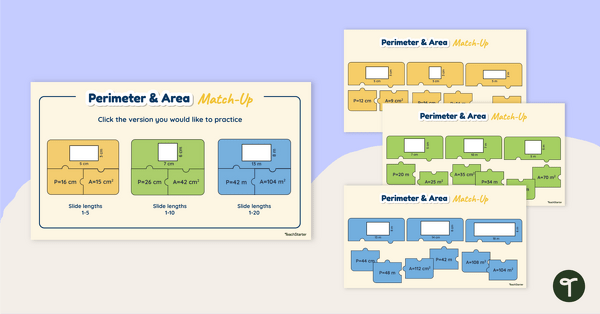
Perimeter and Area Digital Puzzles
Give students practice finding the area and perimeter of squares and rectangles with these digital area and perimeter puzzles.
- Plus Plan
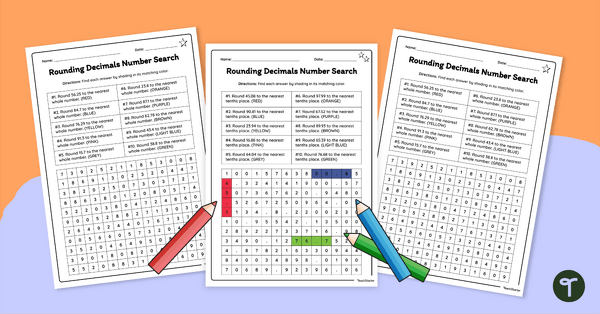
Rounding Decimals Number Search Worksheets
Encourage your students to practise rounding decimals to the nearest whole number, tenth and hundredth with this set of number search worksheets.
- Plus Plan
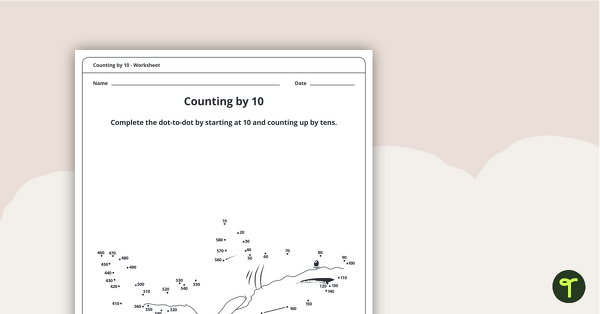
Dot-to-Dot Drawing - Numbers by 10 - Shark
Join the dots and numbers to make a picture.
- Plus Plan
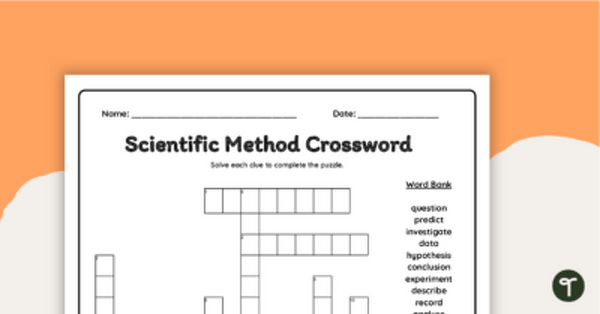
Scientific Method Crossword Puzzle
Use a Scientific Method crossword puzzle to review key vocabulary words surrounding science inquiry.
- Plus Plan
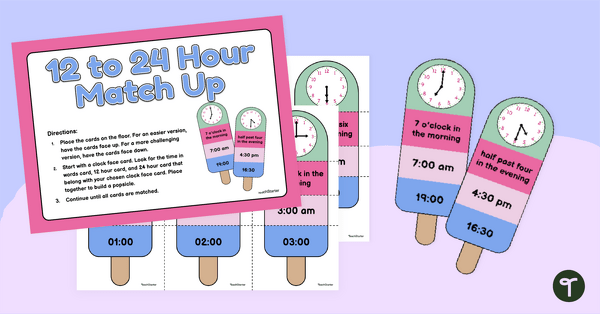
12 and 24-Hour Time Puzzle Pops
Build batches of tasty ice lollies with a maths centre to match 12 and 24-hour times.
- Plus Plan
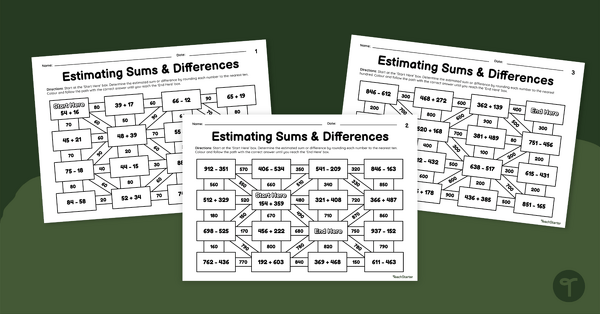
Estimating Sums & Differences Maths Mazes
Sharpen your students’ rounding and estimation skills with a set of maths mazes.
- Plus Plan
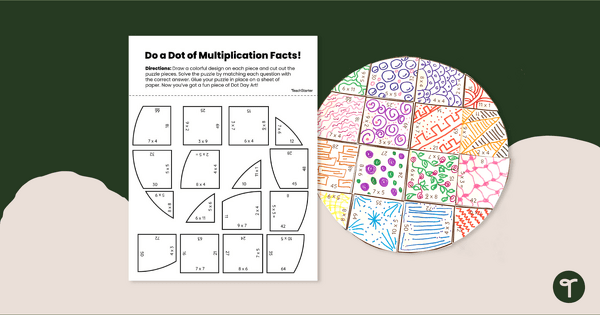
Dot Day Multiplication Tarsia Puzzle
Practise multiplying single-digit numbers and create a masterpiece with a Dot Day tarsia puzzle.
- Plus Plan
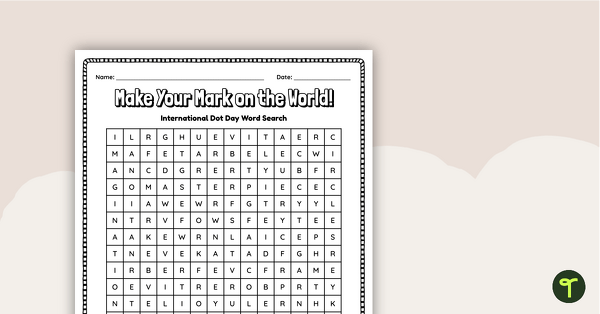
Dot Day Growth Mindset Word Search
Use this Dot Day word search activity to encourage students to Make Their Mark!
- Plus Plan
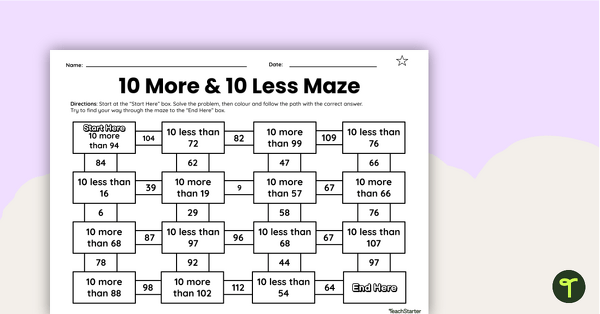
10 More, 10 Less Differentiated Mazes
Delight your students with this maze challenge, to practise calculating 10 more or 10 less than a value within 120.
- Plus Plan
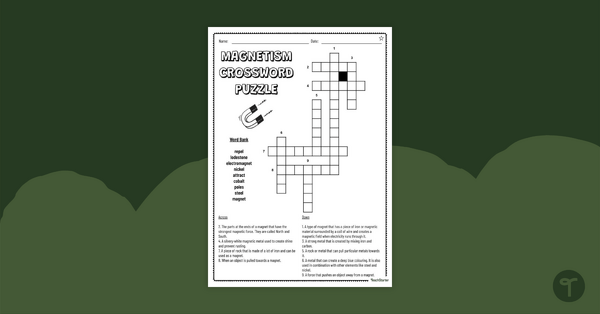
Magnetism Crossword Puzzle
Use this magnetism crossword puzzle to reinforce the scientific vocabulary related this non-contact force.